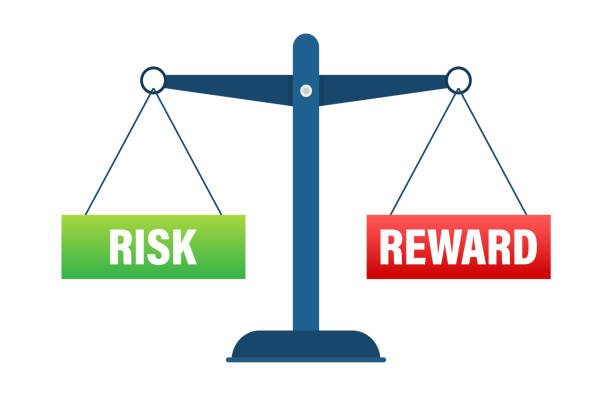
 Securing financing for a land purchase is a pivotal step in realizing property ownership dreams. Whether it’s for building a home, starting a business, or investing in real estate, understanding the diverse options and critical considerations is paramount.
Securing financing for a land purchase is a pivotal step in realizing property ownership dreams. Whether it’s for building a home, starting a business, or investing in real estate, understanding the diverse options and critical considerations is paramount.
This article delves into the various financing avenues available and offers insights into making informed decisions.
Traditional Mortgage Loans:
Traditional mortgage loans are one of the most common methods for financing land purchases. These loans are offered by banks and financial institutions and typically come with fixed or adjustable interest rates. Borrowers must meet stringent credit and income requirements, and down payments usually range from 20% to 50% of the land’s purchase price.
Land Loans:

Land loans are specifically tailored for purchasing undeveloped land or raw property. Lenders may impose higher interest rates and shorter repayment terms due to the perceived risk associated with land investments. Prospective buyers should carefully assess the loan terms and ensure they align with their financial capabilities.
Owner Financing:
In instances where traditional lenders are not viable, owner financing presents an alternative solution. This arrangement involves negotiating financing terms directly with the seller, including down payments, interest rates, and repayment schedules. While it offers flexibility, both parties must exercise caution and draft a comprehensive agreement to mitigate potential disputes.
Government Loans and Programs:
Government-backed loans and programs cater to various land purchase needs, such as agricultural, conservation, or rural development projects. These initiatives often feature favorable terms and lower interest rates, making them attractive options for eligible buyers. However, navigating the application process and meeting stringent eligibility criteria can be challenging.
Considerations:
- Down Payment: Plan for a substantial down payment, typically ranging from 20% to 50% of the land’s purchase price.
- Interest Rates and Terms: Compare rates, repayment terms, and fees from different lenders to secure the most favorable financing option.
- Property Evaluation and Zoning Regulations: Conduct thorough evaluations and research to understand the property’s value and any zoning restrictions.
- Future Plans and Development Costs: Anticipate future expenses, including site preparation, utilities installation, permits, and environmental assessments.
- Financial Stability and Repayment Ability: Assess your financial situation and ability to repay the loan over time, considering income, credit history, and existing debts.

Securing financing for a land purchase necessitates meticulous planning, thorough research, and informed decision-making. Remember, the right financing strategy aligns with your financial goals and sets the foundation for a successful land acquisition endeavor.











